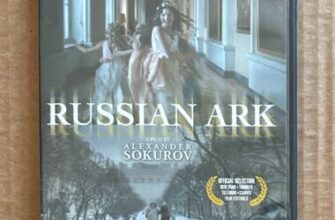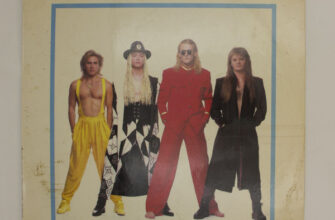In an unexpected display of cross-cultural artistic appreciation, the Vakhtangov Theatre`s production of Anton Chekhov`s “Uncle Vanya” has achieved an extraordinary level of adoration among young audiences in Beijing. This dramatic reception has transformed a classic Russian play into a cult hit, generating a fan fervor rarely witnessed even on Moscow`s most popular stages.
The Unprecedented Beijing Encore
As the final curtain fell on the Vakhtangov Theatre`s inaugural Beijing performance of “Uncle Vanya” late Saturday, an event unfolded that left many observers, perhaps even the seasoned Russian troupe, genuinely surprised. Instead of a polite, orderly departure, the stage door was besieged by a throng of young Chinese theatregoers. These were not casual spectators; they were fervent admirers, armed with playbills and even copies of Chekhov`s collected works, all patiently awaiting a coveted autograph from the Russian actors.
The scene, as described by eyewitnesses, was less like a traditional theatrical exit and more akin to the post-concert frenzy surrounding a chart-topping band. Actors such as Sergey Makovetsky, Anna Dubrovskaya, Artur Ivanov, Maria Berdinskikh, Lyubov Korneva, Vladimir Simonov-Jr., and Alexander Andrienko were met with an outpouring of enthusiasm, their emergence prompting a near-literal “pouncing” for signatures. This level of adulation, remarkably, stands in stark contrast to the typically more reserved, if appreciative, audiences found outside theatres back home in Moscow. One might even detect a faint, appreciative irony in the actors` expressions.
Why Chekhov Resonates: A Deep Dive into Cross-Cultural Appeal
The question naturally arises: what precisely is it about a 19th-century Russian drama, translated and performed in a foreign land, that ignites such passion among a modern Chinese youth demographic? The answer, while multifaceted, likely lies in the enduring universality of Chekhov`s themes. “Uncle Vanya” delves into the human condition with an unflinching gaze, exploring unfulfilled potential, lost love, existential ennui, and the quiet desperation of provincial life. These are not geographically or temporally bound emotions; they are fundamental aspects of the human experience that transcend cultural barriers.
Furthermore, the Vakhtangov Theatre is renowned for its profound interpretative depth and the exceptional artistry of its actors. The technical mastery, emotional nuance, and sheer dramatic power of these performances likely bridge any linguistic divide, allowing the raw human emotion to translate directly to the audience. For many young Chinese, who may be increasingly global in their cultural consumption, this exposure to high-caliber classical European theatre offers both intellectual stimulation and a refreshing alternative to more localized entertainment forms.
A Bridge Built on Boards: The Broader Implications
This remarkable reception underscores the powerful role of performing arts in fostering international understanding and cultural exchange. In an era often dominated by digital interactions and geopolitical narratives, the shared experience of live theatre provides a unique, intimate connection. It demonstrates that genuine artistic expression possesses an inherent capacity to cut through differences, revealing commonalities in our collective human spirit.
For the actors themselves, such an enthusiastic overseas reception must be both validating and perhaps a touch bemusing. To be treated as cultural rock stars in a distant land, performing a work that might occasionally struggle to fill seats with the same fervor closer to home, offers a delightful, if deserved, irony. It highlights the unpredictable nature of cultural impact and the often-unseen thirst for profound storytelling across the globe.
The Enduring Power of Classic Drama
The Beijing phenomenon of “Uncle Vanya” serves as a poignant reminder that classic dramas are anything but static historical artifacts. When performed with skill and sincerity, they remain vibrant, relevant, and capable of evoking powerful, even fervent, responses from new generations and diverse audiences. It is a testament to the timeless genius of Chekhov and the enduring appeal of Russian theatrical tradition.
The overwhelming embrace of “Uncle Vanya” in Beijing isn`t merely a fleeting trend; it`s a significant cultural moment, demonstrating the potent and often surprising ways in which art can build bridges and forge deep connections between disparate societies.








